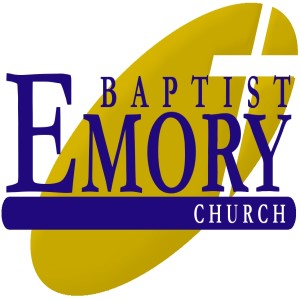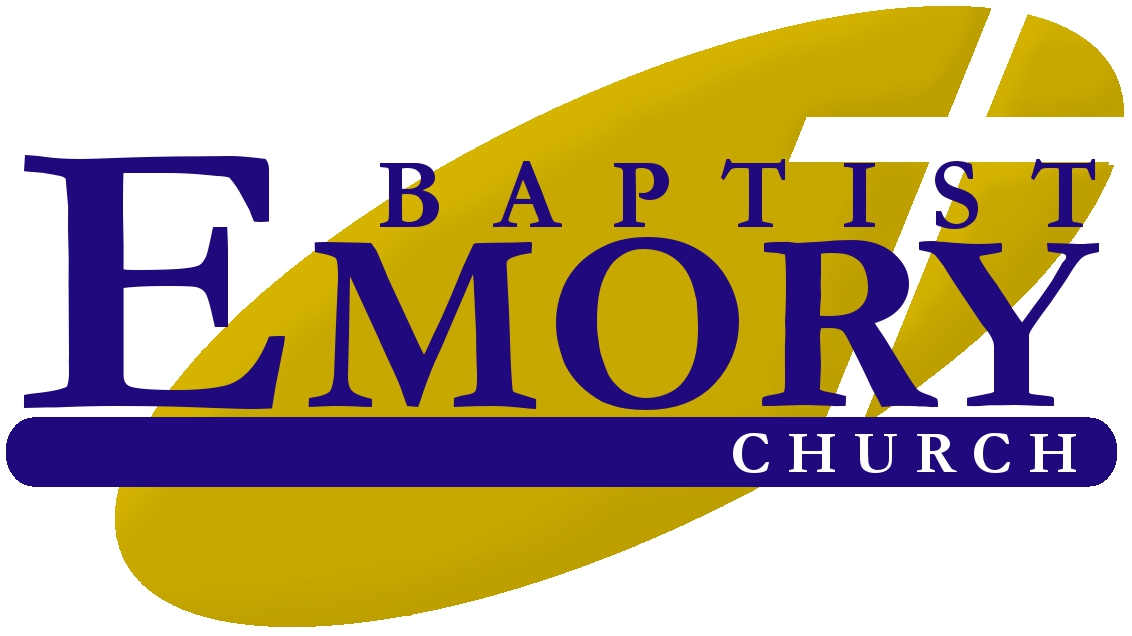Episodes

Wednesday Oct 24, 2018
What Does That Church Believe: Seventh-Day Adventists?
Wednesday Oct 24, 2018
Wednesday Oct 24, 2018
Where did they come from?
- William Miller was born in 1782 in Pittsfield, Massachusetts; saved during the Second Great Awakening in 1816; fervent student of the Bible with special interest in prophetic portions such as Daniel and Revelation; thought the Bible should contain the exact date of Christ’s return; cited Daniel 8:14 as his answer; formulated date from 457 BC, Cyrus’ command to rebuild Jerusalem (Ezra 1:1-2) to 1843 or 1844; nothing happened and there was great disappointment.
- Ellen G. White emerged in 1845 from New England; unlike Miller, White interpreted 1844 to be when Christ cleansed the heavenly sanctuary and began heavenly judgment, and this judgment will end prior to the Second Coming.
What do they do?
- Operate 92 sanitaria and 52 publishing houses and branches.
- Reported 17,313 evangelistic workers laboring in 213 regularly organized mission fields and distributing literature in 195 languages.
What do they believe?
- Authority: the Bible and the writings of Ellen G. White; her writings are considered by church members to be authoritative, especially concerning the workings of heaven.
- Church government: presbyterian; each local church is part of a local conference, local conferences combine to form regional conferences, and all these are subsumed under a general conference.
- Investigative judgment: in 1844, Christ moved from the Holy to the Most Holy Place in the heavenly sanctuary and began the work of investigative judgment; this judgment reveals who among the dead are asleep in Christ and who among the living are abiding in Christ; these belong to God’s kingdom.
- Day of Worship: should be on the Sabbath or seventh day of the week, which is Saturday.
- Hell: the wicked spend a definite period of time here and then are destroyed or cease to exist; hell as punishment is not eternal.
|
Worship Should Be on the Sabbath |
Worship Should be on the Lord’s Day |
|
God made the Sabbath at creation for all peoples. Genesis 2:2-3, Exodus 20:11 |
New Testament believers are not under the OT Law. Romans 6:14, Galatians 3:24-25, Colossians 2:16 |
|
Christ observed the Sabbath (Mark 1:21) and is the Lord of the Sabbath (Mark 2:28). |
Jesus was resurrected and appeared to some of his followers on Sunday. Matthew 28:1 |
|
The apostle Paul preached on the Sabbath. Acts 17:2 |
Jesus made continuing resurrection appearances on succeeding Sundays. John 20:26 John had his apocalyptic vision on a Sunday. Revelation 1:10 |
|
Gentiles worshipped on the Sabbath. Acts 13:42-44 |
The descent of the Holy Spirit took place on a Sunday. Acts 2:1 |
|
Matthew, Mark, and Luke, writing after the resurrection spoke of the Sabbath as an existing institution. Matthew 24:20, Mark 16:1, Luke 23:56 |
The early church was given the pattern of Sunday worship and continued to do regularly even today. Acts 20:7, 1 Corinthians 16:2 |
Annihilationism or Conditionalism or Conditional Immortality: the teaching that after death unbelievers suffer for the penalty of God’s wrath for a time, and then are “annihilated,” or destroyed, so that they no longer exist.
For: meaning of perish and destroy. Against: Matthew 25:41, 46; Mark 9:42-48.
|
Name |
Founded |
Members |
Congregations |
Website |
|
Advent Christian Church |
1860 |
26,264 |
303 |
|
|
Seventh-Day Adventist Church |
1845 |
More than 12 million |
51,086 |
|
|
Seventh-Day Adventist Reform Movement |
1925 |
More than 24,000 |
Unknown |
Rhodes, Ron, “The Complete Guide to Christian Denominations,” Harvest House Publishers, 2005.


No comments yet. Be the first to say something!